Our unique Year 10 program for boys and their mentors
Overview
Underpinned by our +Masculinity framework, First Horizon provides a structured, culturally relevant rite of passage to support boys as they move into young adulthood.
Based on research and grounded in reflection, community, and responsibility, the program helps participants explore their identity, values, and relationships. Through shared stories, guided activities, and mentoring, boys gain insight into what it means to be a man in today’s world (Rice et al, 2021).
In the past, many cultures had rites of passage that involved specific ceremonies or rituals to demarcate the change from child to adult. Often, the young person was removed from their old life, taken on a journey of discovery and challenge and then returned to their community where they were given adult responsibilities and privileges.
First Horizon draws on this structure, recognising that without positive, formal rites of passage, young people often create their own informal — and sometimes risky — alternatives. These can include binge drinking, reckless driving, or other behaviours that often reinforce narrow, traditional notions of masculinity (Kingsman, 2022).
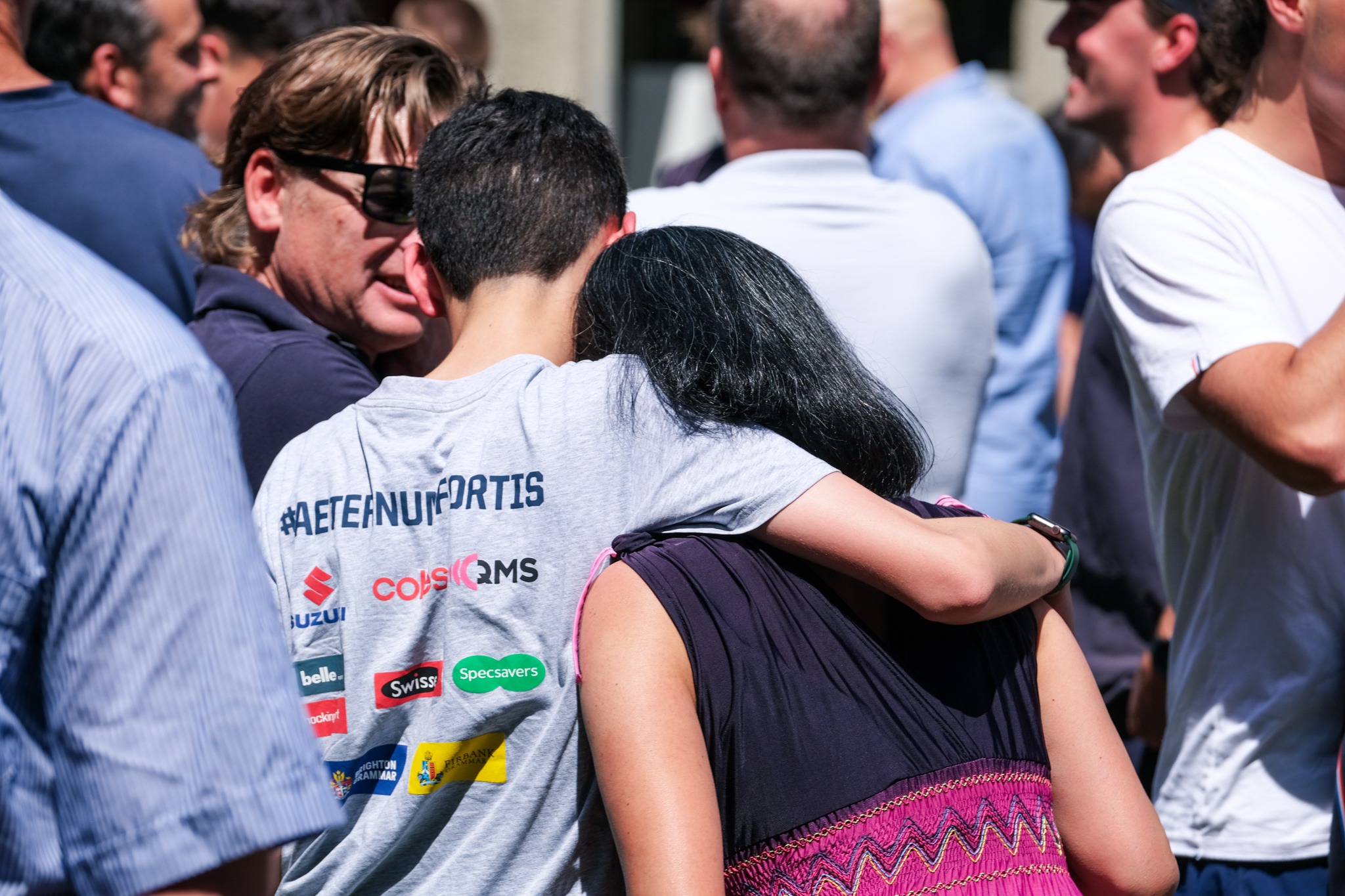
Why we need First Horizon
Adolescence is a time when boys experience rapid physical, social and self-identity development (Rice et al 2021).
They are working out who they are, where they fit in and what they want to become. Adolescence marks an increased desire for independence and a preference to spend more time with peers. While this is a perfectly normal part of ‘growing up’, they still need the guidance and support of the adults in their communities.
Research shows that rigid conformity to traditional masculine norms peaks during adolescence. Traditional concepts of masculinity include attributes such as stoicism, independence, heteronormativity, power, muscularity and toughness.
While these ‘masculine’ attributes are not in themselves always negative, the research clearly suggests that rigid adherence to masculine norms can have detrimental consequences for boys and young men:
- Stoicism may ultimately prevent help-seeking.
- Excessive independence can lead to isolation and loneliness.
- Narrow views of gender and sexuality can fuel objectification, sexism, homophobia, or racism.
- An obsession with power may encourage domination which can be enacted through violence.
In recent times, these masculine ‘norms’ are being reinforced by a new wave of masculine online influencers.
Research by men’s health charity Movember, suggests that the majority of young men regularly engage with these influencers (2025). This highlights the need for real-life spaces where they can challenge stereotypes, explore healthier masculinities, and strengthen wellbeing and social connection.
We need to get this right. Boys currently experience worse outcomes than girls in many domains: male suicide accounts for 24% of all deaths of young people.
Boys and young men tend to engage in more risk-taking behaviour including abuse of drugs and alcohol, violence and poor decision-making than girls. They are more likely to disengage from schooling and other protective domains. They are more likely to be lonely (Rice 2020, Reeves 2024).
Our +Masculinity curriculum is based on the three pillars of authenticity, connection, and motivation.
First Horizon is designed specifically to meet the unique developmental needs of boys as they grow into adulthood, reminding them of the qualities that help them flourish. We want every young man to know who he is, secure in the knowledge that he is loved, valued, and has something extraordinary to offer the world. Our goal is to help them discover a deep sense of purpose, to feel hopeful about their future, and to step forward with the courage and confidence to live with integrity.
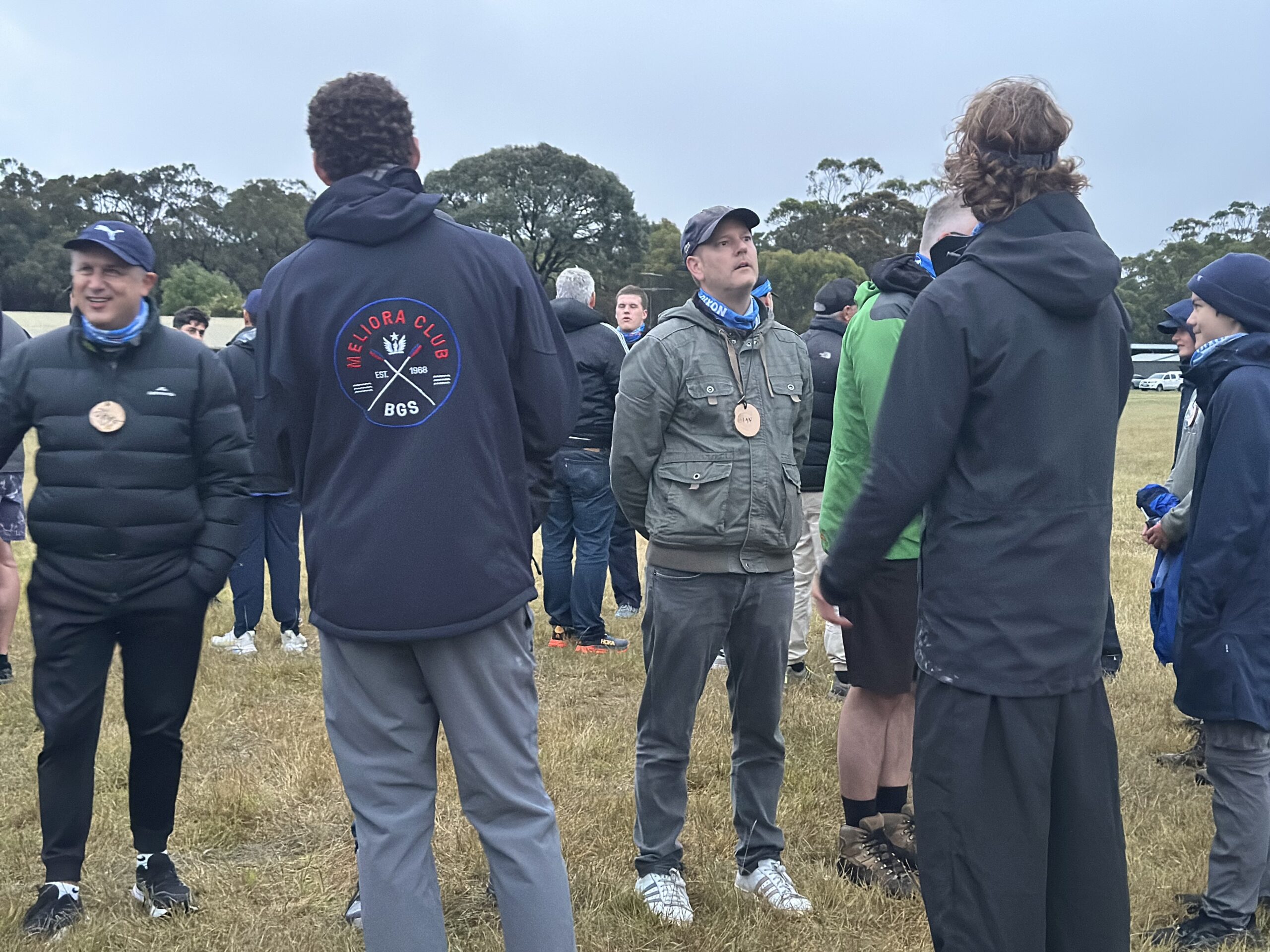
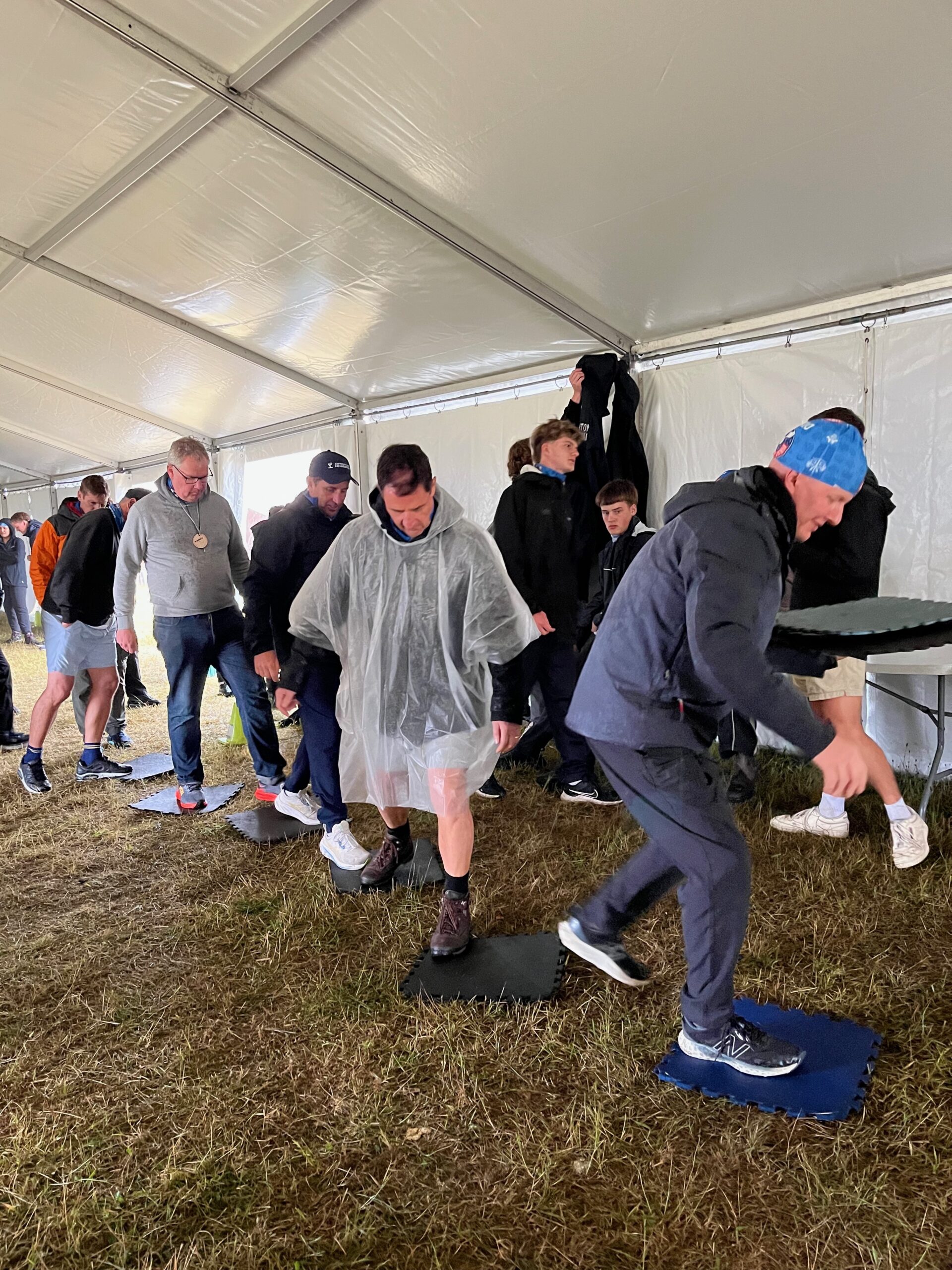
What to expect at First Horizon
First Horizon has three core elements:
- Separation: to disconnect and build a new safe space
- Transition: enacted through challenge and support, and
- Integration: return to the community and acceptance as an emerging adult
Separation
Boys and their mentors leave Melbourne to spend four days in a beautiful natural environment.
We camp in House ‘villages’ with mentors and boys sharing a tent. This provides an opportunity to spend time with the boys in a ‘container’, away from the routine and distractions (including phones!) of everyday life. This enables meaningful and authentic connection and opens us up to reflection, change and growth.
Transition
This stage is built around four key elements:
- Connection: When we share our stories, we help boys identify shared values, experiences and commonalities. This builds empathy, connection and a sense of belonging in the group. Sharing stories strengthens intergenerational connection and helps highlight the diversity, experiences and challenges experienced by adults and provides examples of different ways to ‘be a man’
The sharing of stories is profoundly transformational for the mentors as well as the boys. While reflecting on our own experiences, we have the opportunity to witness the growth of the boys. It allows us to mark the change in ourselves as we adjust from parenting a boy to a parenting a young man.
Sharing what they are challenged by, what they love about each other, what they’re proud of (from what I gather, details were scarce) was fabulous to break the cycle of the distant-dad barking life-advice instructions to the shut-down teen (Mother describing the impact on her son and his father/mentor).
I’ve never been a big fan of camps, and this was no exception—at least until we arrived. What followed turned into an incredible weekend where my dad and I grew much closer and built friendships with other families that remain strong to this day. (Young man participant)
The camp showed me sides of my dad I hadn’t seen before and gave us the chance to connect on a deeper level. It was also filled with plenty of activities and games, balanced with more meaningful conversations with mentors and peers about the challenges we face now and in the future. (Young man participant)
- Challenge: Challenge is a precursor to growth.
On the second night, the boys leave their House villages and have the option to take on a challenge. While safe, the challenge provides boys with an opportunity to reflect on and embody the qualities that are essential for the next stage of their lives. It also encourages them to reflect on what behaviours they will let go of and the types of relationships they want to form with others.
While the boys are away, the mentors prepare for the return and honouring of their boys. This is also an opportunity to talk and connect with the other adults at the camp.
‘This experience was a truly engaging, encouraging and surprisingly intimate time for my son and the other boys and mentors in the village. I actually felt emotionally down for days after it was finished, as I so enjoyed the collegiality and missed the other adults I got to know.’ (Mentor participant)
‘I absolutely loved the night under the stars… don’t think I can say much on that as it is a surprise, but I will never forget the next morning …’ (Young man participant)
- Celebration: When the boys return from the challenge night, we hold an honouring ceremony where we highlight the unique gifts, strengths and talents of the emerging adults. This public acknowledgement of each individual allows the young men to understand how important, seen and loved they are within their community. The boys feel seen for their authentic selves and it is always an empowering and moving ceremony.
This is followed by a celebration party where we all come together to listen to music, dance, perform and just have fun.
‘The feeling of love and praise when you are being honoured is something I had never experienced. Knowing that others have such strong and loving feelings towards me, especially my mentor, is something I’ll always remember.’ (Young man participant)
- Vision: The vision element occurs after the challenge and boys (and their mentors) are guided to build a vision for their future as they step into adulthood.
Within the community they have created, participants feel safe and supported to share their experiences and hope for the future.
Integration
The final step is integration. This is where the participants return to their everyday lives, families and communities.
This is marked by a ceremony back at school where we celebrate the change and growth in the boys. In front of their mentors and the entire Secondary School, they are presented with their senior blazer as a clear symbol of their change of status within our community. Their entry into a new life stage.
At the same time, we increase their privileges and responsibilities within the community.
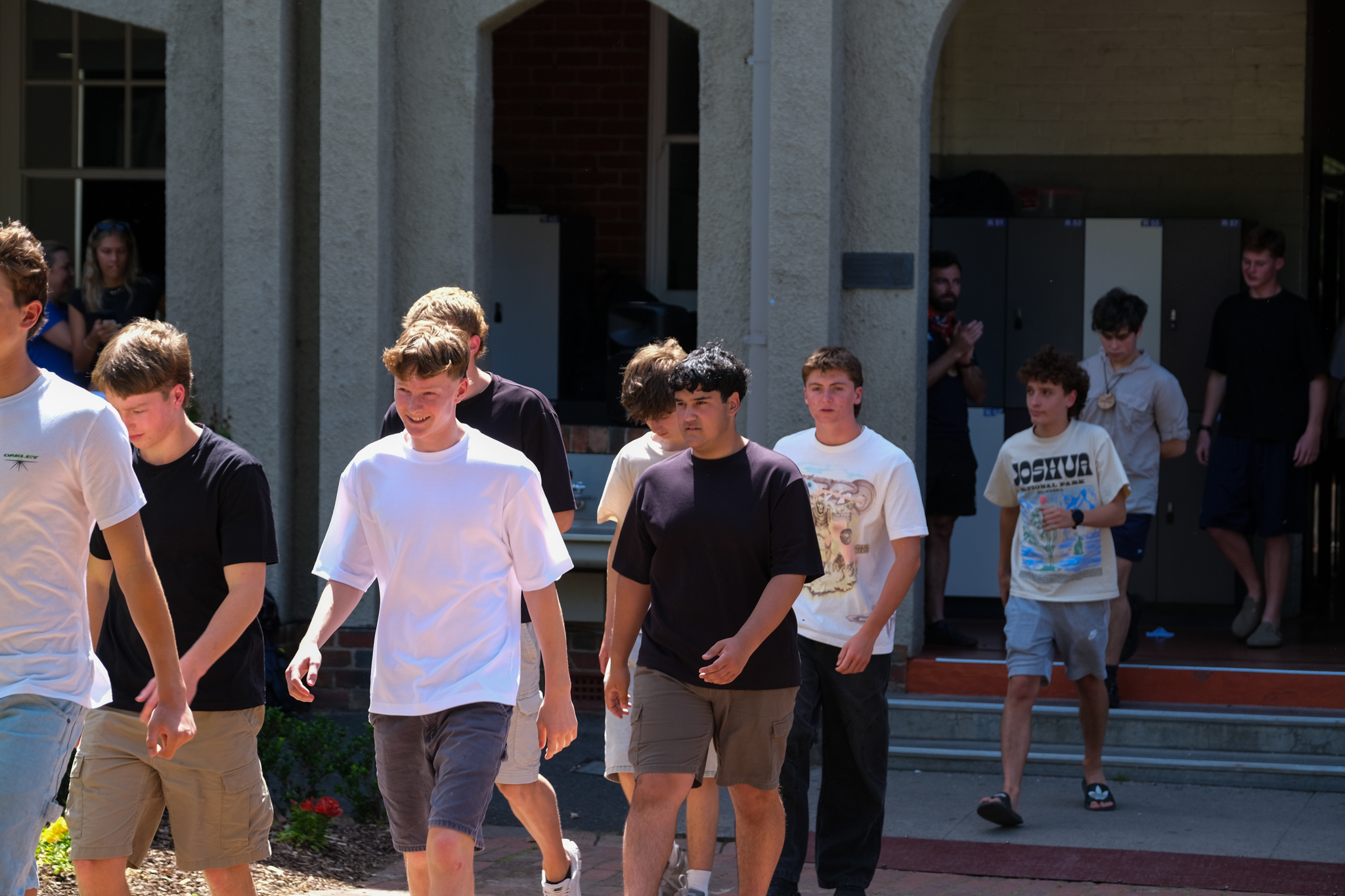
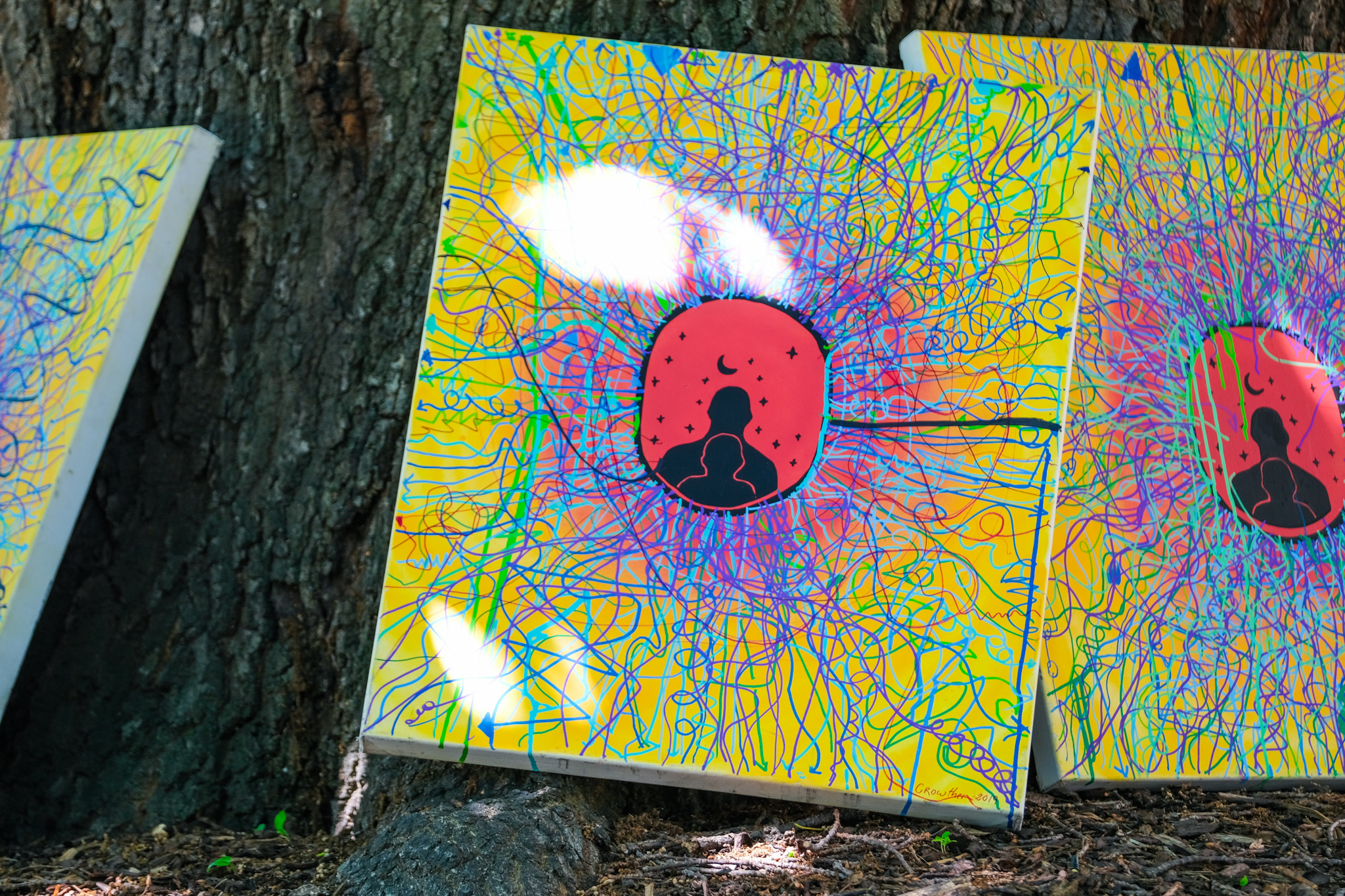
The broader impact
Ultimately, First Horizon provides boys with a safe, supportive environment to step into adulthood with confidence, compassion, and purpose. They are encouraged to:
- Reflect on their values and beliefs.
- Embrace vulnerability and move beyond stereotypes.
- Develop resilience, persistence, and courage alongside empathy and care.
- Take responsibility for themselves and others.
- See masculinity as flexible, inclusive, and diverse.
The program also strengthens cross-generational relationships. Mentors often report shifts in their connection with their sons, finding new opportunities for communication and support. These stronger bonds not only enhance wellbeing but also contribute to long-term positive relationships.
‘If I shared my ‘favourite’ or most sacred takeaway, the experience would be lost for others. This moment lives in my heart with my son – and he knows what it was. One part I will share is just how deep our boys can be when given the time and space to do so. I am not only speaking of my son in this context, but more broadly within the group. My connection with these boys as a collective has far outlived the program itself.’ (Mentor participant)
Having been on two First Horizons with my two sons, the experience was without doubt the most significant I have had with both sons, given the structure of the program, the lack of other distractions, the community aspect, the focus and the willingness of all participants to open themselves authentically. Whilst the relationship I had with my sons prior to First Horizons was positive and healthy, post First Horizons the relationship became deeper, due in part to a furthered agreed understanding of where I am at and where they are at and also due to the permission that was enabled to be authentic, vulnerable and honest. Even years after First Horizon these elements still feature in our relationship, and I am confident they will forever more. (Mentor participant)
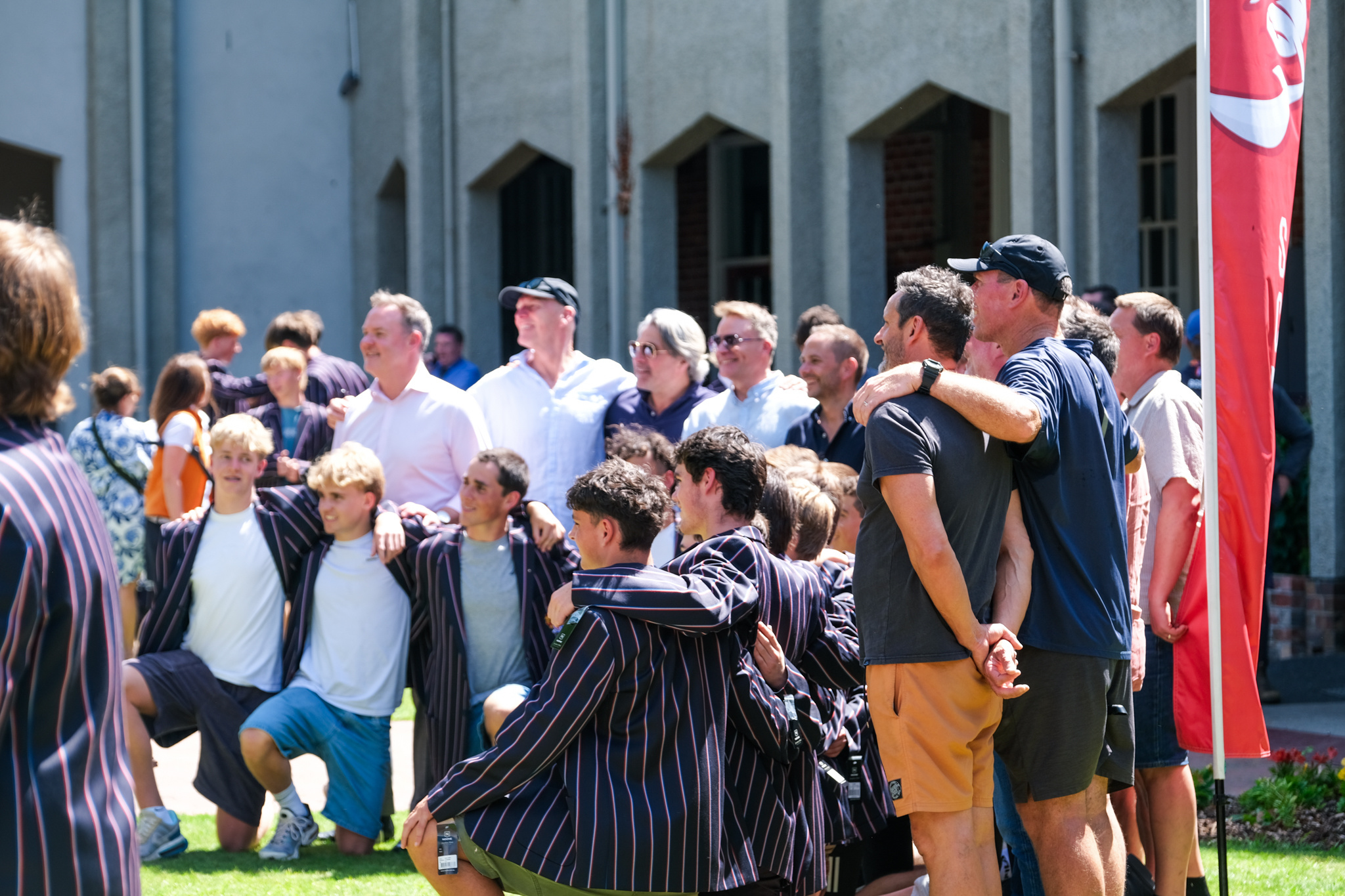
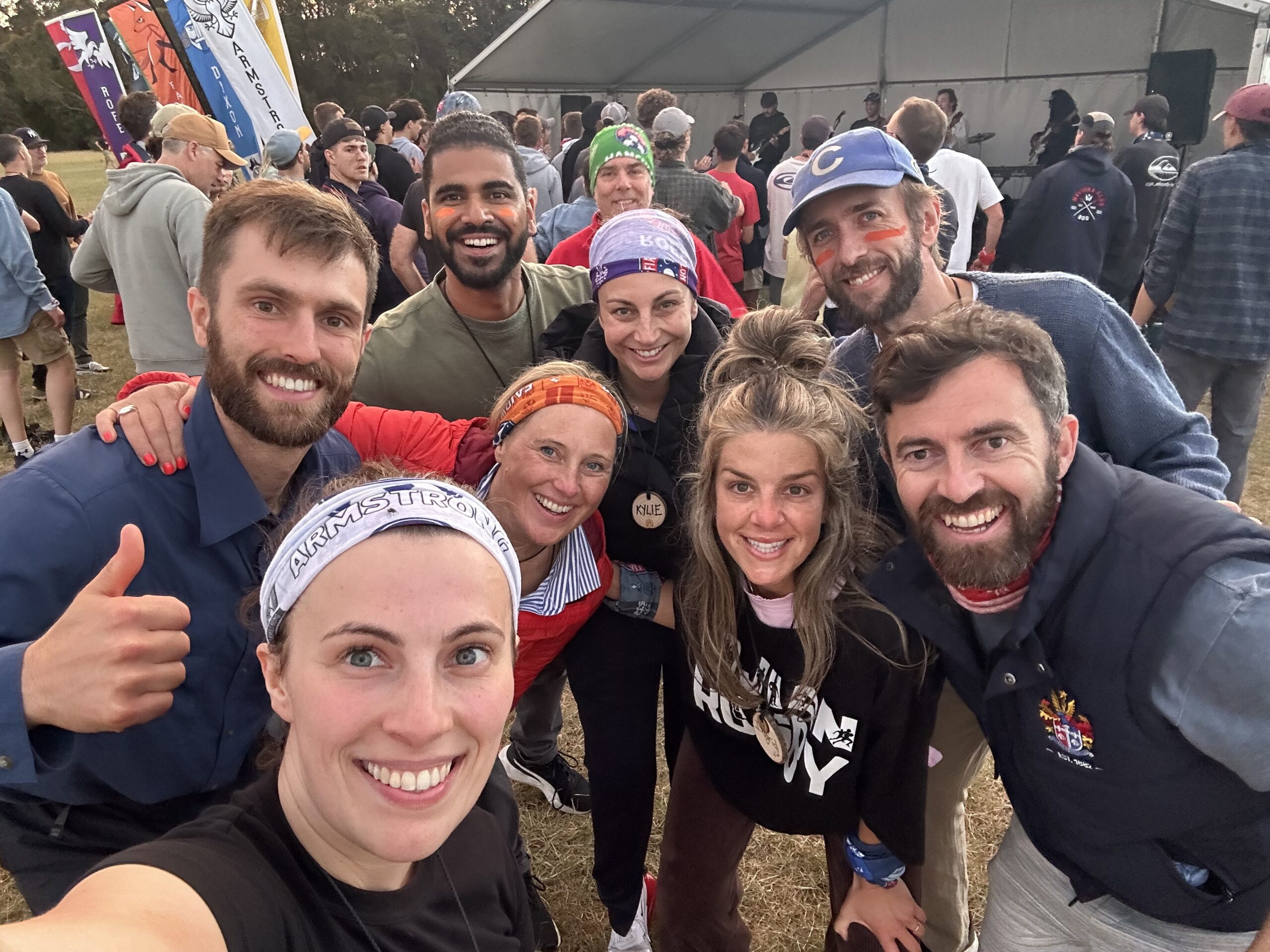
Resources
Kingsman, Jo (2021) Rites of Passage Programs for Adolescent Boys in Schools: A Scoping Review. Boyhood Studies, 14(2), pp. 90-115.
Kingsman, Jo. (2023). Negotiating masculine identities: Adolescent boys’ experiences of a school-based rites of passage program and its potential for gender transformation. International Journal of Educational Research. 122. article no. 102257. 10.1016/j.ijer.2023.102257.
Wilson, M., Gwyther, K., Swann, R., Casey, K., Keele, S., Rubinstein, A., & Rice, S. (2021). The making of men program: A mixed-methods evaluation of a gender-sensitive rite of passage program for adolescent males. International Journal of Men S Social and Community Health, 4(1). https://doi.org/10.22374/ijmsch.v4i1.52
Resources
Can prior knowledge increase task complexity?
Cases in which higher prior knowledge leads to higher intrinsic cognitive load
Do you want to be part of our Staff Development Network?
Sign up to receive our newsletter
